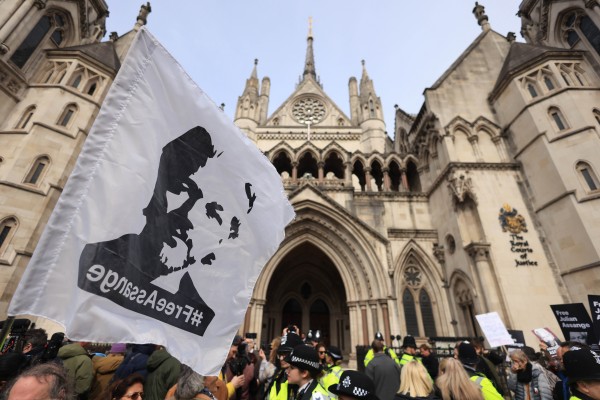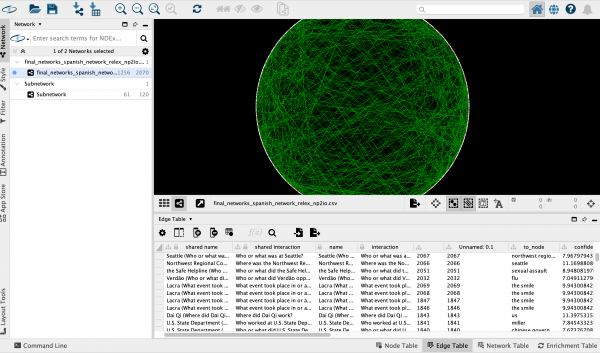After last week’s historic repeal of criminal defamation in Jamaica, the International Press Institute (IPI) is looking ahead to similar efforts underway in the region.
IPI and its regional partner, the Association of Caribbean MediaWorkers (ACM), are currently leading a campaign to abolish defamation as a criminal offence in the Caribbean.
In an interview last week with the Antigua Observer, Antigua and Barbuda Attorney General Justin L. Simon confirmed that the government planned to introduce a bill to repeal criminal libel in early 2014.
During IPI’s mission to the twin-island nation in April 2013, Prime Minister Baldwin Spencer had committed to the move, stating, “In this modern age, we have difficulty justifying the existence of such laws.”
In addition, there are bills already pending in two Caribbean countries that would partially decriminalise defamation or dramatically reduce punishments.
In Trinidad and Tobago, the Libel and Defamation (Amendment) Bill is scheduled to undergo a second reading in the House of Representatives on Nov. 13. The bill would amend the Libel and Defamation Act to remove Section 9, which punishes defamatory libel with up to one year in prison. Cabinet previously approved the legislation following an IPI visit to Trinidad and Tobago in April 2013.
The bill, which would still require approval of the Senate, does not amend Section 8, which punishes malicious libel known to be false with up to two years in prison.
In the Dominican Republic, a bill to replace the country’s 129-year-old penal code is now pending before the Senate, having been passed by the Chamber of Deputies in July after more than a decade of planning and debate.
While the new code would maintain defamation as an offence, substantial improvements are included: following IPI lobbying earlier this year, members of the Chamber’s Justice Committee announced the removal of prison penalties for defamation from the draft code.
In the country’s current code, defaming or insulting certain public officials or the president can result in six months or a year in prison, respectively. Its replacement foresees fines only.
Defamation and insult are currently also criminal offences under Law 6132, on the Expression and Diffusion of Thought. Debate on a replacement to Law 6132, which is also likely to include the elimination of prison penalties, is ongoing.
Reform in the Dominican Republic is particularly urgent given the frequency with which its criminal libel laws are invoked. In 2012 alone, two journalists were sentenced to prison on defamation charges, though both sentences were later overturned on appeal.
IPI has led two visits to the Dominican Republic in support of its Caribbean Campaign, both in cooperation ACM and the Dominican Journalists Association (CDP).
While continuing to press for the legislative changes noted above, IPI is furthering its engagement in all Caribbean countries, notably those visited by IPI missions to the region, including Barbados, Guyana, and Suriname. In a series of legal reports, IPI also continues to highlight problematic aspects of defamation law throughout the Caribbean.
In one such report published in October, IPI called upon Aruba, Curaçao, and Sint Maarten – the former Netherlands Antilles – to overhaul their libel laws. IPI research revealed that the laws of all three countries fall well short of international standards on the subject, most notably by punishing defamatory comments more harshly when they are directed at public officials and public institutions.
For more information on IPI’s campaign, please visit our campaign website. IPI’s report on its 2013 Mission to the Caribbean – Antigua and Barbuda, Guyana, Suriname, the Dominican Republic, and Trinidad and Tobago – is available for download here.


